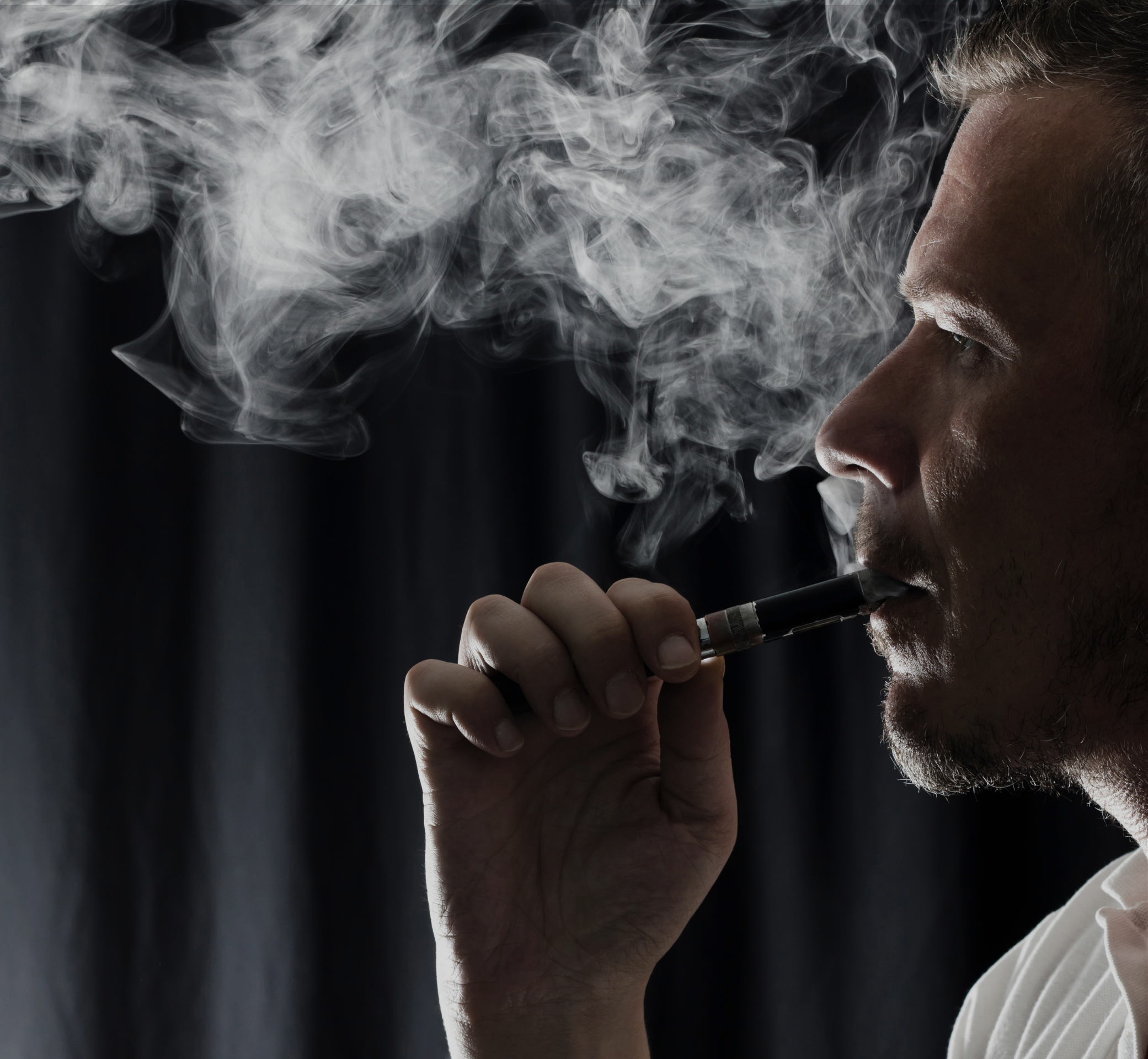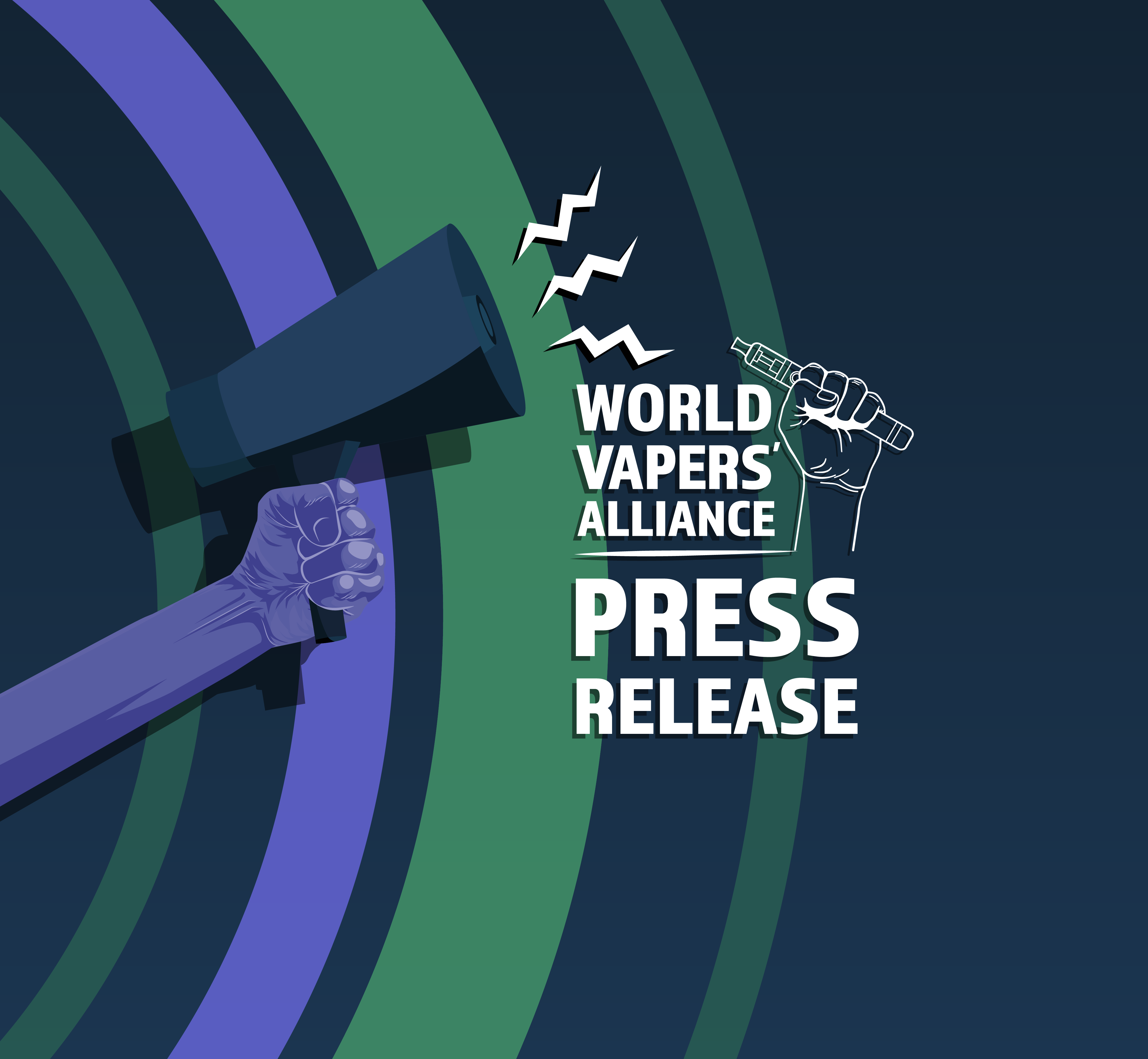You’ve probably seen the headlines out there: “Vapers are 5-7 times more likely to get COVID-19” than non-vapers. The media frenzy around this so-called fact comes from a study from the University of Stanford. Any vaper out there can tell you that alarmism about vaping and the media go hand in hand, and this situation is no different.
And, as always, the media didn’t have time to take a serious look at this study and do what the media should do: question it and find the truth.
So we decided to do that instead.
The study is not conclusive, and the results are misinterpreted
Two academics who analysed this paper quickly realized that the truth is far from what is being reported.
Professor Dr. Bernd Mayer, of the Karl-Franzens University in Graz, Austria, expressed doubt about the numbers used in the publication. The authors did not take into account that vapers self-declared to be tested nine times more often than the control group, which inevitably led to skewed results. Taking this into consideration, the result looks quite different. Rather than vapers being five to seven times more at risk than non-vapers, non-vapers actually produced 13.7% of positive Covid-19 tests in the study in comparison to vapers, who produced 13.1% of positive tests. Professor Mayer also mentioned that the damage has already been done by the media and expressed his fear that people will switch back to tobacco as a result.
Konstantinos Farsalinos is another academic renowned worldwide for his expertise on vaping. He raised concerns with the study’s methodology. He rightly argues that the study only accounts for people who have used an e-cigarette at least once in their lives, instead of “current, exclusive” e-cigarette use. That is the reason for the artificial inflation of the numbers of vapers at risk.
Politicians looking for their moment in the spotlight
As the media headlines continued to flow from the study, one politician in the US called on the national regulator to ban vaping products. He used the sensationalist media and the biased study to back his claim. We will find out on the 18th of August if the FDA will answer his pleas.
As news travels fast, it is highly likely that other politicians will do the same. Asking for a ban on a product that many people rely on to quit smoking will grab attention.
That is why you need to be ready to raise your vapers’ voice louder than ever before.
It is up to us to do all we can to stop them.





